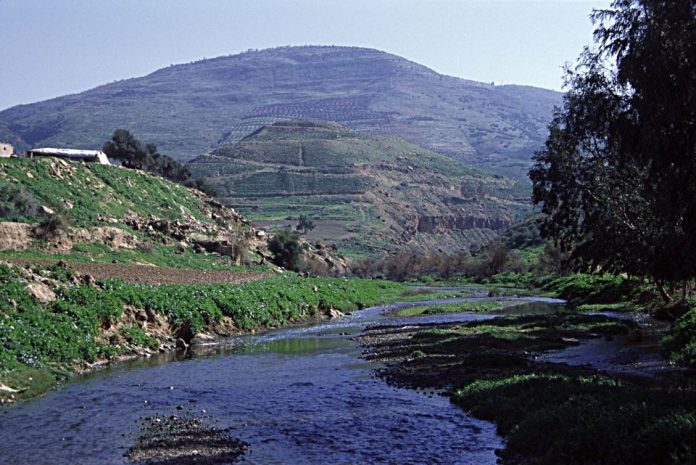
The European Union (EU) and the European Bank for Reconstruction and Development (EBRD) are supporting Jordan’s efforts to extend the use of sustainable and innovative renewable energy technology by providing finance, grants and technical cooperation for two projects in the solid waste management and water supply sectors.
“Today, the EU is a key partner for Jordan in developing green energy sources with more than €150 million, and we are proud to announce that we have exceeded our 2020 green energy targets for Europe,” said Andrea Matteo Fontana, EU Ambassador to Jordan. “We are therefore happy to use our experience to support Jordan in achieving their green energy targets.”
The EU is providing a €30 million grant to help the Water Authority of Jordan construct a photovoltaic system to power three to five water pumping stations across the country. The EBRD will manage the grant funds and supervise the implementation of the project.
Rapid population growth and the climatic conditions of the country have put significant pressure on the country’s limited water resources and created severe shortages. The increased demand for water and wastewater resources also brings higher demand for electricity, which represents up to 60 percent of operating costs for water services.
“The EBRD promotes the adoption of renewable technology for a more sustainable use of scarce resources,” said Heike Harmgart, Head of the EBRD Resident Office in Jordan. “This work can become a model for other projects in the Jordanian municipal sector.”
Through the use of solar power for water and wastewater facilities, the project is expected to set a precedent for the use of sustainable renewable energy technology in the sector. The project also aims to develop market structures to enhance private sector participation by focusing, where feasible, on the introduction of engineering, procurement and construction, and operations and maintenance contracts.
In addition, the EBRD is providing a loan of up to €7.5 million to the Greater Amman Municipality, while the EU Delegation in Jordan is contributing €5 million in grants to help build a waste-to-energy plant in the Al-Shaer solid waste transfer station. The plant is expected to produce up to 9 million cubic metres of biogas per year from food waste, recycling approximately 11 percent of the organic waste collected.








